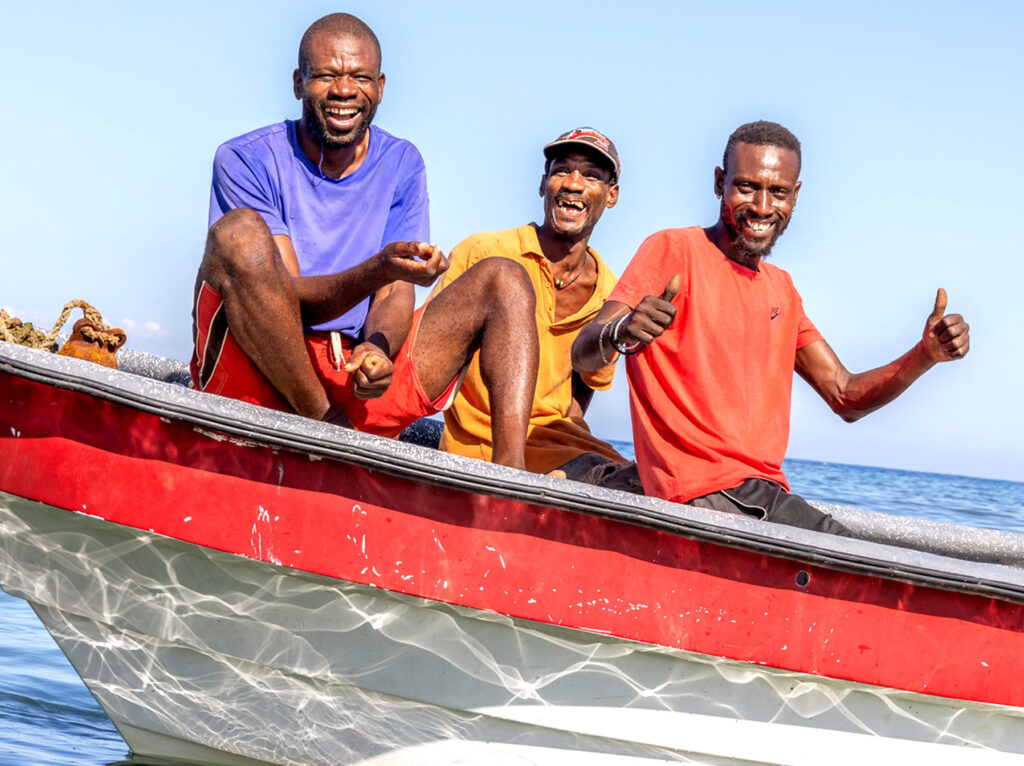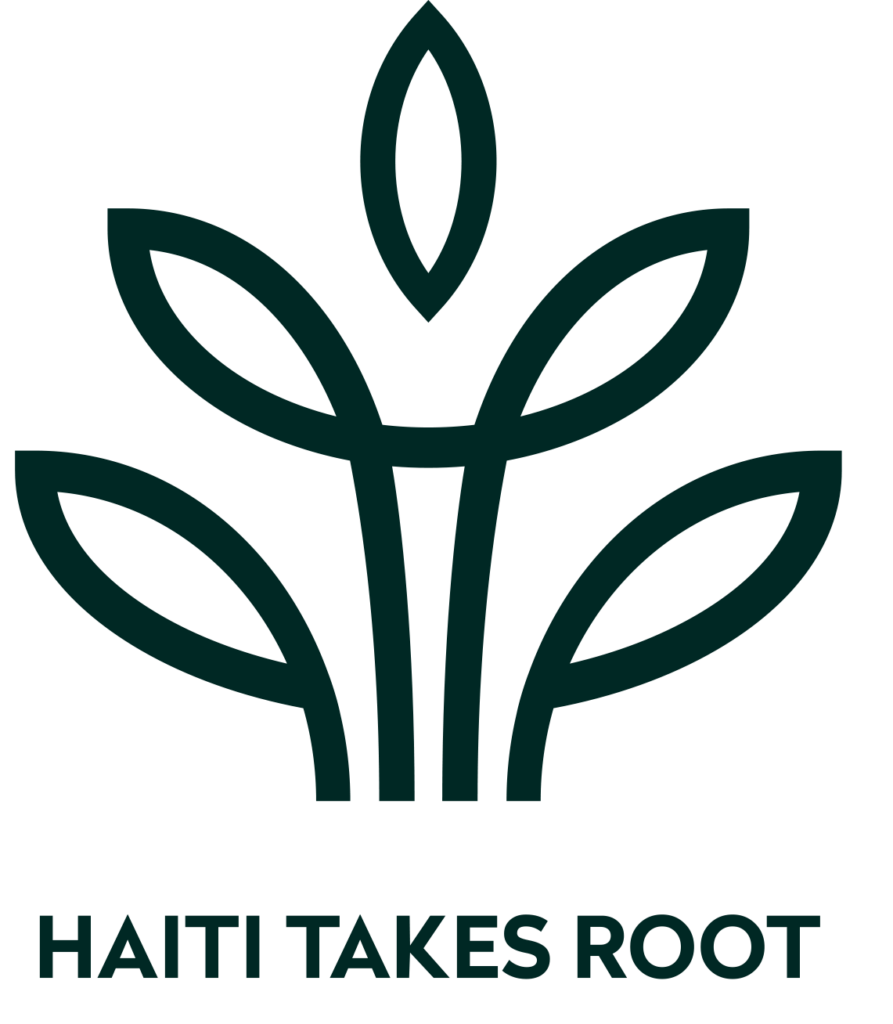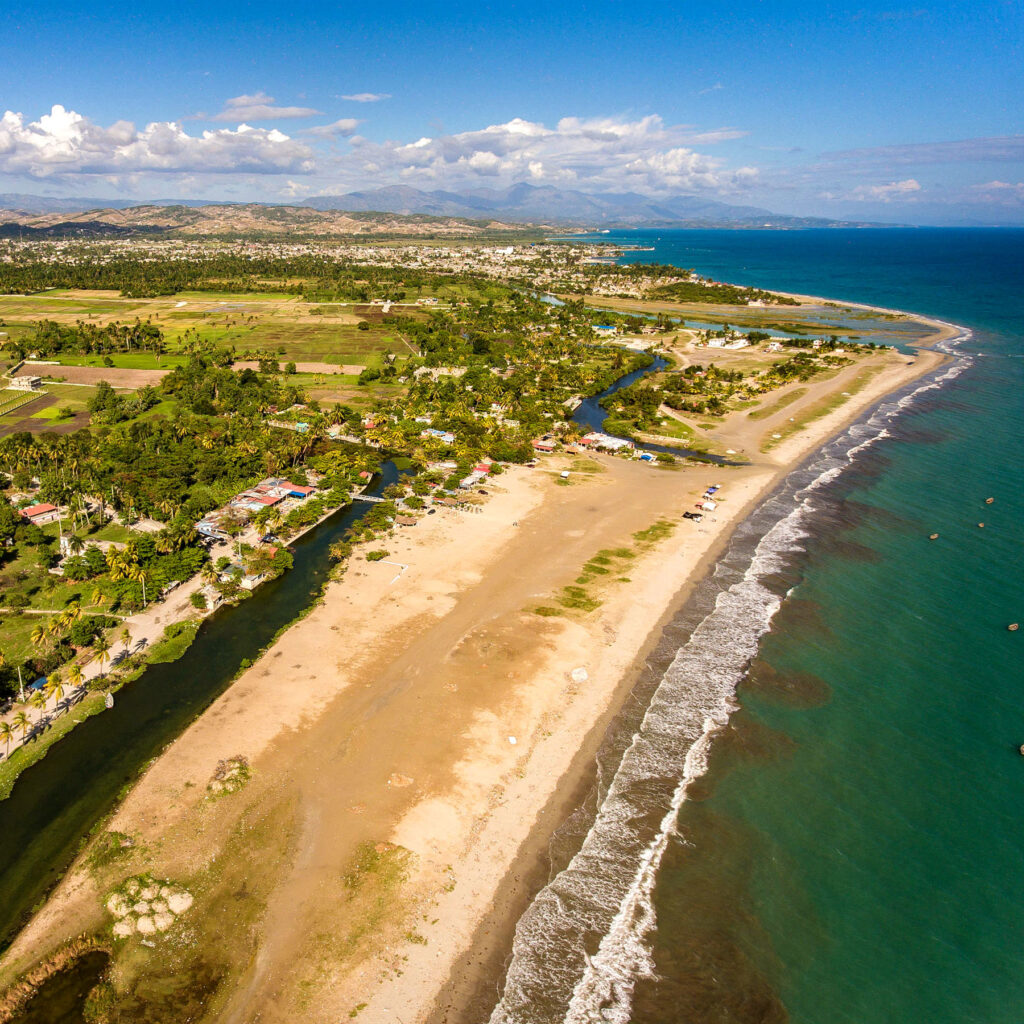
Haiti
climate change | 2013-Now
Why is climate resilience work needed in Haiti?
Haiti currently ranks in the top ten of the Climate Risk Index, meaning it is critically exposed to the increasing effects of climate change, which impacts the health and livelihoods of over 11 million people. Storms in recent years have caused an estimated $61 million loss in agricultural production. With the threat of increased environmental disasters such as hurricanes and floods, Haiti will suffer further economic ramifications unless action is taken.
For over a decade, CORE’s partners and Haitian staff on the ground have remained committed to empowering vulnerable communities with the resources and education to address and overcome these ongoing climate threats. Our longstanding environmental resilience programs work to cultivate the local ecosystem, support local farmers and fishers, and provide communities with economic opportunities.
